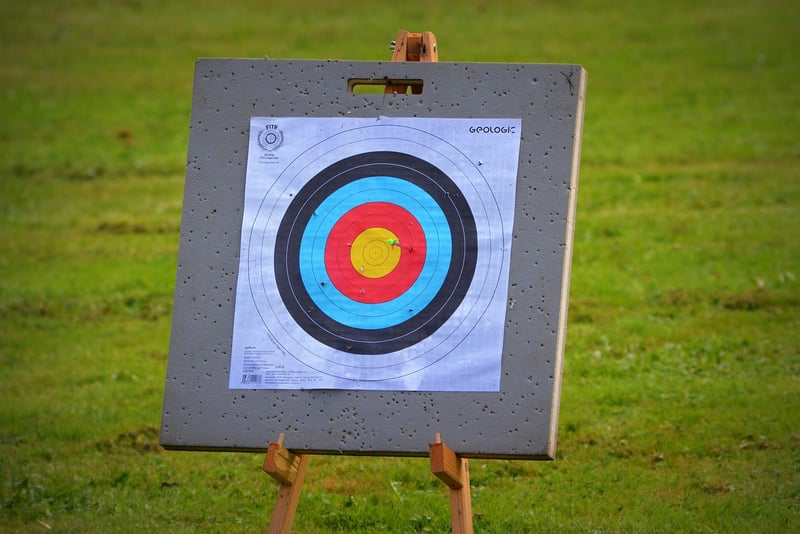Goal Setting
The Importance of Goal Setting in Professional Development
Setting goals is an essential component of professional development in any field. Whether you are a seasoned professional or just starting your career, establishing clear objectives can help you stay focused, motivated, and on track to achieve success. In this article, we will explore the significance of goal setting in your field and how it can contribute to your overall growth and development.
Why Set Goals?
Goals provide direction and purpose to your work. They help you define what you want to accomplish and create a roadmap to reach your desired destination. By setting specific, measurable, achievable, relevant, and time-bound (SMART) goals, you can clarify your priorities, track your progress, and make informed decisions along the way.
Benefits of Goal Setting in Professional Development
1. Clarity and Focus: Setting clear goals helps you focus your time and energy on activities that align with your objectives, reducing distractions and increasing productivity.
2. Motivation and Commitment: Goals provide a sense of purpose and motivation, driving you to overcome challenges, stay resilient, and remain committed to your development journey.
3. Professional Growth: By setting challenging yet achievable goals, you push yourself out of your comfort zone, acquire new skills, and broaden your knowledge, fostering continuous growth and improvement.
4. Accountability and Evaluation: Goals enable you to hold yourself accountable for your progress, evaluate your performance, identify areas for improvement, and make necessary adjustments to stay on course.
Goal Setting Tips
1. Be Specific: Clearly define your goals to avoid ambiguity and ensure a clear understanding of what you want to achieve.
2. Set Priorities: Determine the most important goals that will have the greatest impact on your professional development and focus on those first.
3. Break Down Goals: Divide larger goals into smaller, manageable tasks to make them less daunting and easier to accomplish.
4. Track Progress: Keep a record of your achievements, monitor your progress regularly, and celebrate milestones to stay motivated.
Conclusion
Goal setting is a powerful tool for professional development that can elevate your performance, enhance your skills, and propel you towards success in your field. By establishing meaningful goals, staying committed to your objectives, and continuously refining your approach, you can unlock your full potential and achieve your aspirations.

Remember, setting goals is not just about the destination; it's also about the journey of growth, learning, and self-improvement. Embrace the power of goal setting and embark on a fulfilling and rewarding professional development path today!
Start setting your goals and watch your career soar to new heights!
